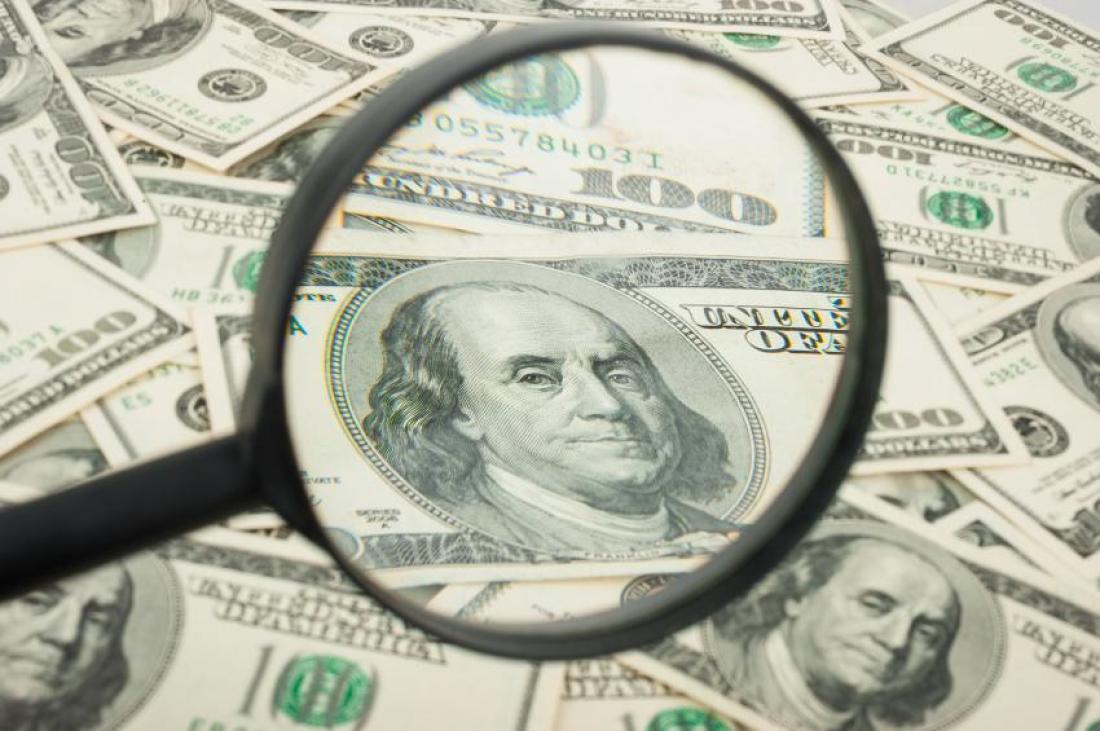Counterfeiting – A Federal Crime 
Counterfeiting is a crime specifically mention in the Constitution. Contrary to popular belief, the Constitution is not a set of laws. In fact, it hardly mentions criminal law at all. Most of the time, criminal acts are violations of state law. However, there are certain factors that can cause a crime to become a federal crime (click here to learn more.) Further, certain crimes are inherently federal. There are only three crimes specifically mentioned by name in the United State Constitution. Those crimes are Piracy, Treason, and Counterfeiting. This blog will explore counterfeiting.
If the Constitution does not deal directly with criminal law, what does it do? The Constitution of the United States is the document by which the power of the federal government was initially established. Much of the constitution dictates the powers and limitations on powers of each branch of the federal government. It also serves to protect state autonomy. Another main function is to provide individuals with certain individual rights and freedoms (for example, the Bill of Rights).
In blog we will talk about one of the three crimes specifically mentioned by name in the Constitution- counterfeiting. We will discuss counterfeiting as a federal crime and what it actually means. Though counterfeiting can refer to an act done to art or other items, in this blog we are specifically talking about ONLY the counterfeiting of money. This is for informational purposes only. If you have been charged with a federal crime, you should contact a federal criminal defense lawyer immediately.
What does the Constitution say about counterfeiting?
In article 1 Section 8 of the United States Constitution, the Constitution gives Congress a wide range of power over financial transactions such as the collecting of taxes, borrowing money, and the “punishment of counterfeiting the securities and current coin of the United States.”
This does not explain what counterfeiting it nor what the particular punishment would be. As mentioned above, one of the main purposes of the Constitution is to furnish specific powers to the three branches of the federal government. With regard to counterfeiting, the Constitution is merely giving Congress power over various financial matters. One of these ancillary powers is the power to punish counterfeiting. The federal crime of counterfeiting is, however, codified in the U.S. Code.
What is Counterfeiting?
Unlike a lot of crimes. Counterfeiting is pretty straightforward. 18 U.S. Code chapter 25 outlines most of the individual crimes that would support a federal charge of counterfeiting. These crimes include possession, manufacturing, and use of counterfeit money.
Some types of counterfeiting:
- Uttering counterfeit bank notes
- Making or possessing counterfeit dyes for coins
- Possession of counterfeit foreign obligations
- Dealing in counterfeit obligations or securities
- Possessing counterfeit foreign obligations or securities
- Possessing obligations or securities of the United states
Punishment for counterfeiting
There is a wide range of punishment for counterfeiting under federal law. A federal criminal defense attorney would first determine which crime applied using the federal sentencing manual. To determine where the defendant would fall within the Federal sentencing guidelines.
In general, counterfeiting can carry a fine of up to $250,000 or twice the value of what was forged. It can also carry a sentence of up to 25 years in federal prison. These determinations are very fact specific and depend largely on the particular circumstances of the alleged crime.
Federal criminal charges have serious consequences and require serious representation. At Gilles Law, we handle counterfeiting charges as well as many other federal charges. If you have been charged with a federal crime in North Carolina, or you have been charged with a federal crime in South Carolina, contact us.
